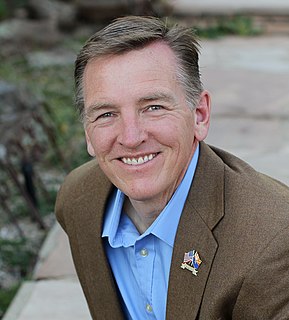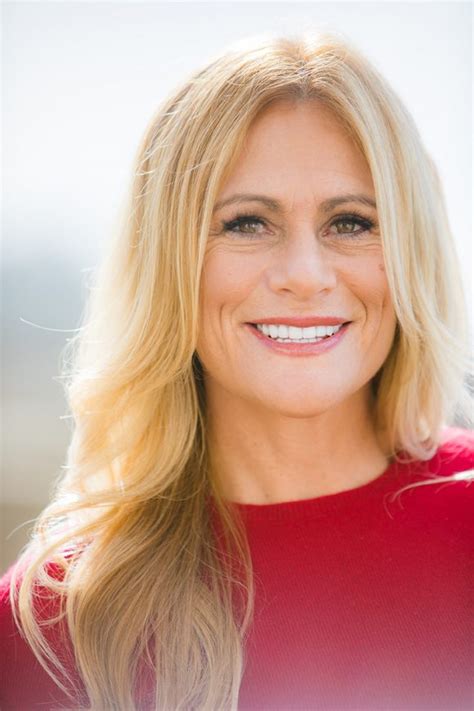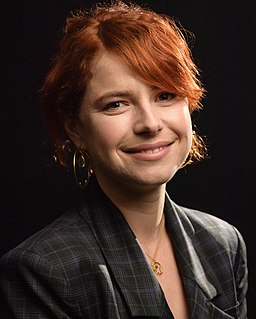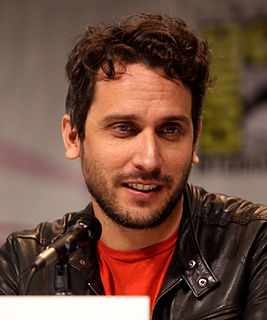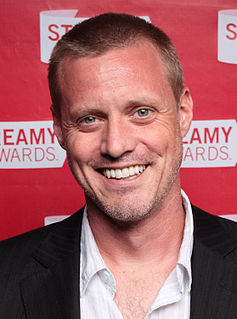A Quote by Shahid Khan
I have learned lessons in America about how you go about things, and what I know is that you find the best people, empower them, give them the resources, and hold them accountable.
Related Quotes
No leader can possibly have all the answers . . . .The actual solutions about how best to meet the challenges of the moment have to be made by the people closest to the action. . . .The leader has to find the way to empower those frontline people, to challenge them, to provide them with the resources they need, and then to hold them accountable. As they struggle with . . . this challenge, the leader becomes their coach, teacher, and facilitator. Change how you define leadership, and you change how you run a company.
I learned many lessons from my first race with my heroes. I learned it was easier to breathe when I cried, so I cried often and without shame. I learned that a teammate's faith in you can propel you up any mountain. I learned that winning requires an entirely different mind-set than not losing. I learned that the best teams in the world share not only their strengths but also their weaknesses. I learned that you don't inspire your teammates by showing them how amazing you are. You inspire them by showing them how amazing they are.
"Only write what you know" is very good advice. I do my best to stick to it. I wrote about gods and dreams and America because I knew about them. And I wrote about what it's like to wander into Faerie because I knew about that. I wrote about living underneath London because I knew about that too. And I put people into the stories because I knew them: the ones with pumpkins for heads, and the serial killers with eyes for teeth, and the little chocolate people filled with raspberry cream and the rest of them.
I try not to respond to trolls. I've learned blocking. If anybody is truly mean to me, or says something arrogant - don't respond, you'll only empower them. If you give them anything! So I'll block 'em. Or, if someone's annoying, but yet I still kind of like them, I mute them. Because they don't know! So then, it still looks like we're connected, but I don't have to listen.
What I learned constructive about women, not just ethics like never blame them if they pox you because somebody poxed them and lots of times they don't even know they have it — that's in the first reader for squares — is, no matter how they get, always think of them the way they were on the best day they ever had.
Conservatism is not about leaving people behind. Conservatism is about empowering people to catch up, to give them the tools at their disposable that make it possible for them to access all the hope, all the promise, all the opportunity that America offers. And our programs to help them should reflect that.


